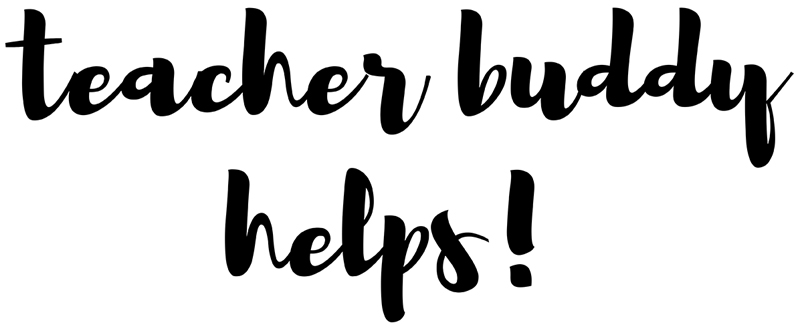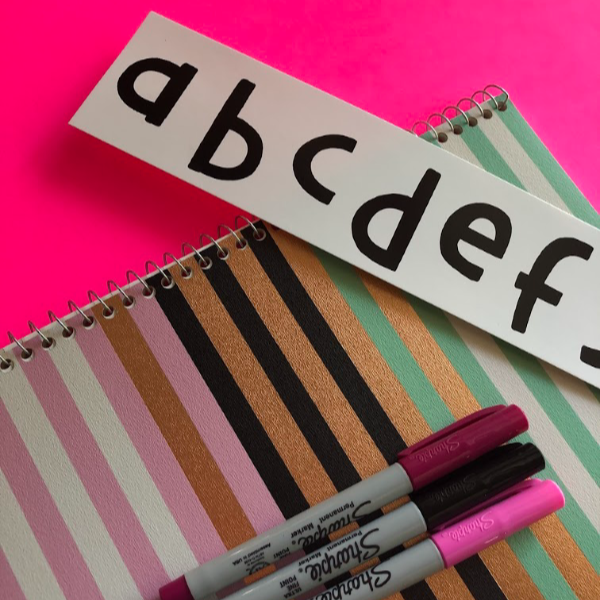Teacher Interview Questions; Part 1
Regarding Teacher Interview Questions; it seems that lately, I have been reading that folks are searching for interview questions for teacher interviews in order to prepare for their upcoming interview. In order to answer this concern thoroughly, I am dividing this topic into two articles. Here is Part 1, so be looking for Part 2 to come soon.

Are you looking for some potential teacher interview questions? Well, look no further. Since I was both a teacher and a principal (also an assistant principal for 3 years), I have a lot of experience with teacher interviews.
Please keep in mind that these are general topics. Most interview panels ask their questions with lengthy scenario type questions.
And of course, I can’t possibly list out each of the scenarios since they will be different for different schools and districts. But I can assure you that most of those scenarios lead back (one way or another) to these topics below.
Teacher Interview Questions.
So, below are the twelve potential interview question topics. I can’t be certain that these will be the questions you are asked, but at least a few of them will be (in some format or other).
Below is the list of twelve, and then I will follow with details on each one.
- Describe your discipline plan.
- Describe what your classroom set up would look like.
- How would you deal with a disagreement with a colleague or staff member?
- Explain your previous teaching experience.
- How would you resolve an issue or concern from a parent of one of your students?
- Explain how you differentiate for each student when necessary.
- How do you assess student learning?
- Which subject area do you enjoy teaching the most and why?
- What is your experience using technology as an instructional and organizational tool?
- How do you check for understanding during instruction?
- How do you stay organized?
- Tell us about one of your weaknesses.
You might be interested in my FREE Downloadable List of 101 Teacher Tips. It might give some ideas for answers to these or other questions. You can get it by filling out the form below and I will zip it right to your inbox.
**
1. Describe Your Discipline Plan.
When you are asked a question regarding discipline or Classroom Management, you need to be sure to provide each of these parts in your answer.
- Explain your rules.
- What consequences will there be?
- Does your system have rewards, if so, what do they look like?
You don’t need to necessarily state each of your rules, but you should let the interview panel know that your rules are stated in a positive manner. For example, instead of saying “no talking during class” you would instead say “speak when it is your turn” or something like that.
Likewise, you need to mention that your consequences begin with a warning and increase incrementally to the most severe being “referral to the office.”
2. Describe what your classroom Set-up would look like.
You don’t need to actually describe your classroom in detail, but in general, what centers would you create around the classroom? How would you arrange the student desks? How would you store materials? What would the “feel” be like in your classroom? And other topics such as this.
If you need some ideas of what areas in a classroom can be created, you may want to read the article listed below because I explain how to organize an elementary classroom.
Organizing Tips; 12 Steps to an Organized Elementary Classroom.
Here is another article on teacher interview questions on the website called, We Are Teachers. The article was written by Brandie Freeman and is called “18 Interview Questions Every Teacher Must Be Able to Answer.”
3. How would you deal with a disagreement with a colleague or staff member?
The interview committee will be listening to how you respond to this question. They are searching for evidence that you would strive to get along and find a resolution to the disagreement. Or at the least that you can get along despite the disagreement.
4. Explain your previous teaching experience
I know some of you are thinking, “But I don’t have any teaching experience because I just finished college.”
Well, you have your student teaching experience that you can share with the interview committee. Be sure to expand on this and describe some successes and things you are proud of during your student teaching experience.
Also, do you have any experience teaching a church or youth group? Were you ever involved with the Scouts or another group for children? This could potentially be experiences that you can speak about.
The fact that you are new is not a negative. Often schools or districts are looking to add some new teachers for one reason or another. So, don’t be discouraged if your “experience” is minimal.
5. How would you resolve an issue or concern from a parent of one of your students?

When you are asked a question about working through a problem like a parent concern, what the committee is searching for is evidence of your ability to resolve issues. And when an issue is too difficult for you to resolve by yourself that you seek assistance from your school administrators.
Schools do not like issues from parents left unaddressed. The interview panel is listening to your explanation of how you would resolve this issue. It is not a good idea, on this question, to say you don’t know. Think about this topic ahead of time and how you would respond.
It’s always a good idea to say that you would listen attentively to the parents’ concerns. Also, mention that you will strive to resolve the problem. And that you would seek assistance from your administrator if you needed it.
6. Explain how you would differentiate for each student when necessary.
This is a question about RtI (Response to Intervention) grouping. This process is now a requirement from the Federal Government in regard to Special Education referrals. Of course, it could also be your own process for individual student support.
For this question, the panel is listening to see if you know about RtI and the Special Education process. They also want to hear how you structure your group time in the class.
It is a good idea to provide details about this. How often you would have these groups? What is the rest of the class doing when you are meeting with a group of students, etc.
If you are new to teaching and don’t remember learning about RtI and Special Education in your college course work, I’d be glad to answer any questions you have about this. Just leave your questions in the comment section below and I will answer them as soon as I see them.
Here is a link to Part 2 of this list…!
Part 2 -Teacher Interview Questions
Until Next Time,








Can you please give me a run down of the rti program? I remember briefly discussing it in a college class, but definitely don’t know enough to discuss it at large during an interview.
Hi Victoria,
Sure. RtI stands for “Response to Intervention.” This intervention became a requirement for Special Education referrals about 10 years ago (approximately). Teachers are required to try some form of intervention with students prior to referring them for Special Education testing. This has slowed down the SpEd referral process (which is both good and not so good-in some instances). The interventions can be: working 1-in-1 with the student, small group instruction, adapted content or assignments, etc.
When interviewing be sure that you mention that this came about due to Special Education mandates (as I just explained). I believe I linked to an article you can read about RtI strategies. Also in the interview you can just mention a few and how you can implement them. For small groups that have the student you are concerned about you can also group with other students who need that extra help.
I hope this helps.
Good luck on your interviews.
Dawn